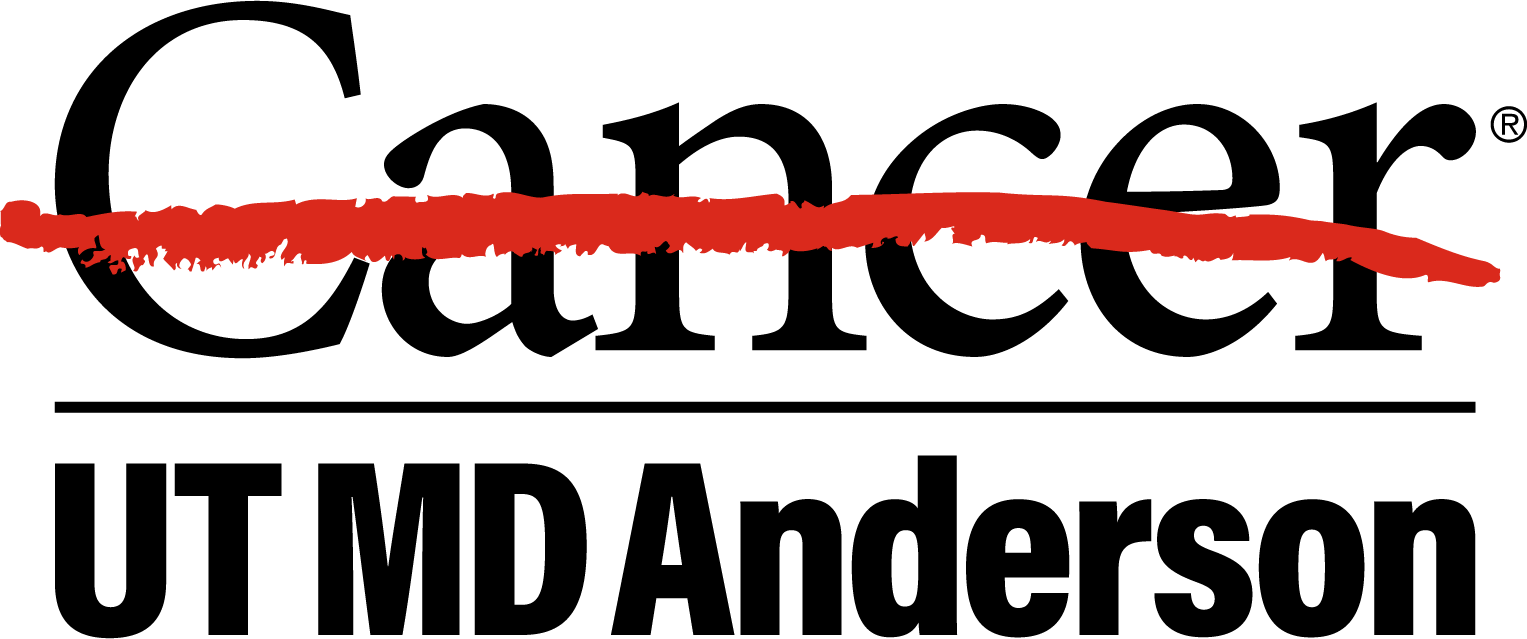"Hold On" - a song of hope for cancer patients
May 30, 2013
"Hold on. I can feel it getting better. Hold on. Be strong. Can you feel it getting better?"
These words of hope and encouragement are found in the chorus of the song "Hold On," written by Greg Lizee, Ph.D., associate professor in MD Anderson's Department of Melanoma Medical Oncology.
In 2002, a close friend of Lizee's was going through a tough time. Lizee wanted to cheer his friend up, so he decided to write an inspiring song.
"I was playing this very optimistic-sounding chord progression and thought about putting uplifting lyrics to it," says Lizee. "In just a few days I'd written 'Hold On.'"
The birth of Lizee's songwriting hobby
Lizee first became interested in music at age eight when he began piano lessons. Four years later, he picked up his first guitar.
"I've been in many bands over the years, but just as a hobby," says Lizee. He's been writing songs for about 15 years.
Lizee isn't shy to admit that his first songs weren't that great. "'Hold On' was the first song I wrote that I could actually listen to again and again," he says.
Lizee draws his songwriting inspiration from his empathy for other people. "When I have an emotional connection to something, the songs seem to write themselves," Lizee says. "Those are the songs I've been the most happy with."
A healing message for cancer patients
Last year, Lizee was approached to contribute to a CD the Department of Melanoma Medical Oncology wanted to create for patients. That's when Lizee remembered "Hold On."
Lizee played his song for a colleague, and he loved it. "I'd never really thought about it before, but the message in the song is applicable to our patients," Lizee says. "I hope they can relate to the message about being hopeful and optimistic."
Lizee lost his own father to lymphoma when he was only 18. That's what drove him to learn more about biology -- specifically, the immune system.
Now an immunologist and researcher at MD Anderson, Lizee knows all too well that going through cancer treatment is one of the hardest challenges people will ever have to face. But his message is simple.
Hold on. Be strong. It's going to get better.
The full-length version of 'Hold On' is now available for download through iTunes and Amazon. A majority of the proceeds will be donated directly to fund cancer immunotherapy research at MD Anderson.
I hope (patients) can relate to the message about being hopeful and optimistic.
Greg Lizee, Ph.D.
Researcher
